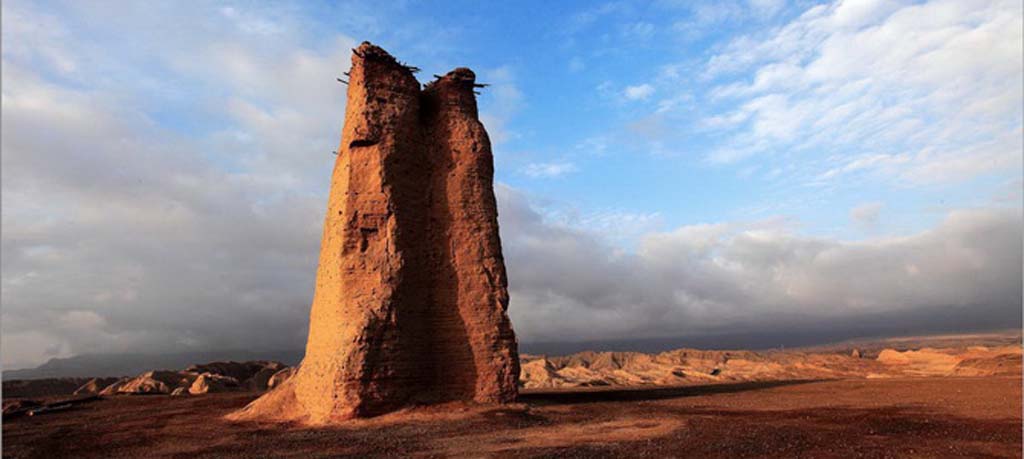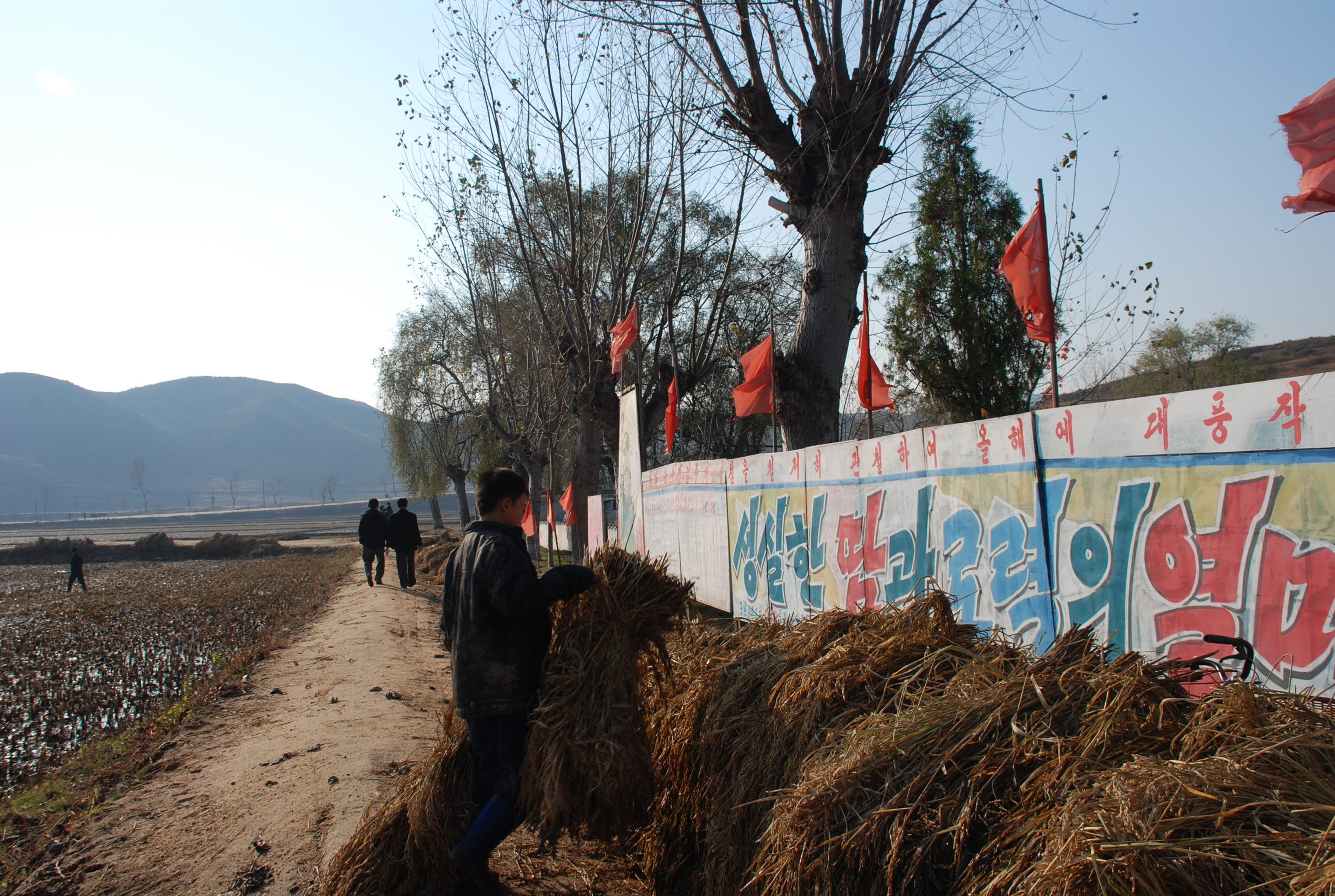“Space law”, contrary to how it sounds, does not entail any notions of space sheriffs hunting bandits in lunar canyons. In reality, the body of international laws and customs that govern human activities in outer space is what is properly referred to as space law. Before the first human ventures into space, such as Sputnik, there was no clear agreement or conceptualization of what rules and customs should be applied to the new frontier. The US and the USSR both had little reason to extend airspace laws further up as they both would be repeatedly violating each other’s airspace through their space missions. Scholars discussed some concepts, such as terra nullius, which borrowed from traditional international law. States that were able to venture into outer space had little reason to challenge these developments.
The current foundation of space law is built on the 1967 Treaty on Principles Governing the Activities of States in the Exploration and Use of Outer Space, including the Moon and Other Celestial Bodies, or as it has more commonly come to be referred to as, The Outer Space Treaty. Key highlights of this treaty are the promise of no weapons of mass destruction (WMDs) in space, and that space and bodies within it are free for exploration and cannot be claimed by states. States are entitled to authorize the entry of their nationals to outer space and are also given responsibility for the conduct of non-state actors (NSAs) in space. The UN has also issued non-binding treaties that suggest customs that should be observed in space, such as taking into account the interests of developing states and the concept of the “common heritage of mankind”—that is, that outer space is for the benefit of all mankind. The extent to which the debates around space law are international in nature will be of critical importance going forward. Strong nations will pursue their interests in self-interest, and the balance struck between them and the amount they listen to other states’ concerns will be indicators of the future of space law.
The future promises to be a bold new frontier for space law. As more NSAs become capable of space exploration, new discussions are occurring on what to do about laws and customs governing space. How will disputes between these various parties interacting in space now be legally governed? Will space become weaponized? If resources are discovered, such as in asteroids, how will their ownership be established? Laws concerning commercial space flight have come under consideration by some governmental agencies, like the US Federal Aviation Administration (FAA).
An increasing amount of space debris also poses a unique problem. The liability for damage caused by space debris is not adequately defined. These objects are no longer considered under the control of states, and consequently, there are no sufficient methods to determine the party at fault in the event of a disaster. Given these challenges, there is reason to have hope, especially if you are preparing to enter the ever-shrinking terrestrial market for lawyers. Those of us who remain strongly rooted on this planet can also be at ease, as only the most intelligent individuals will likely be chosen to become one of the first “Space Lawyers”.









